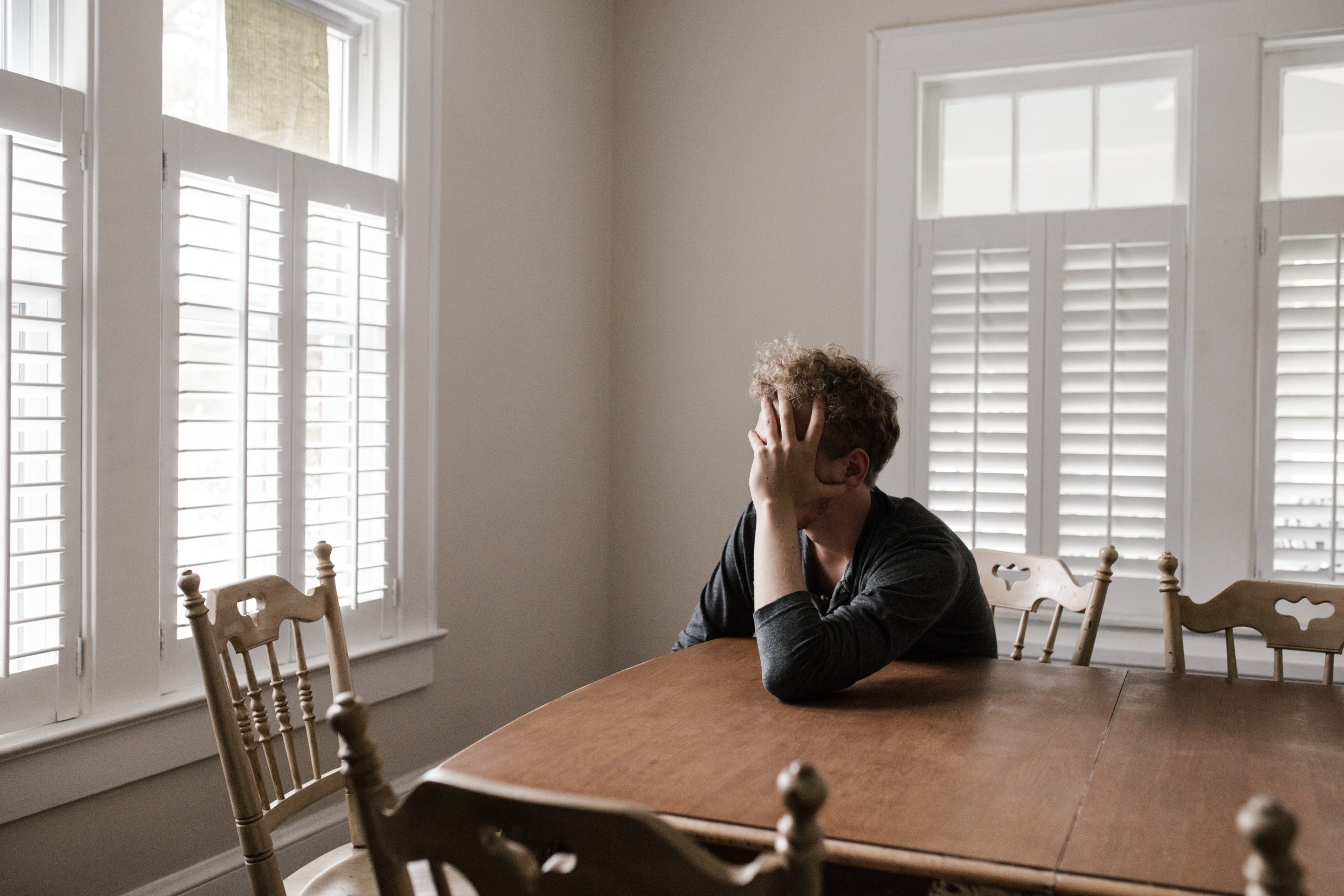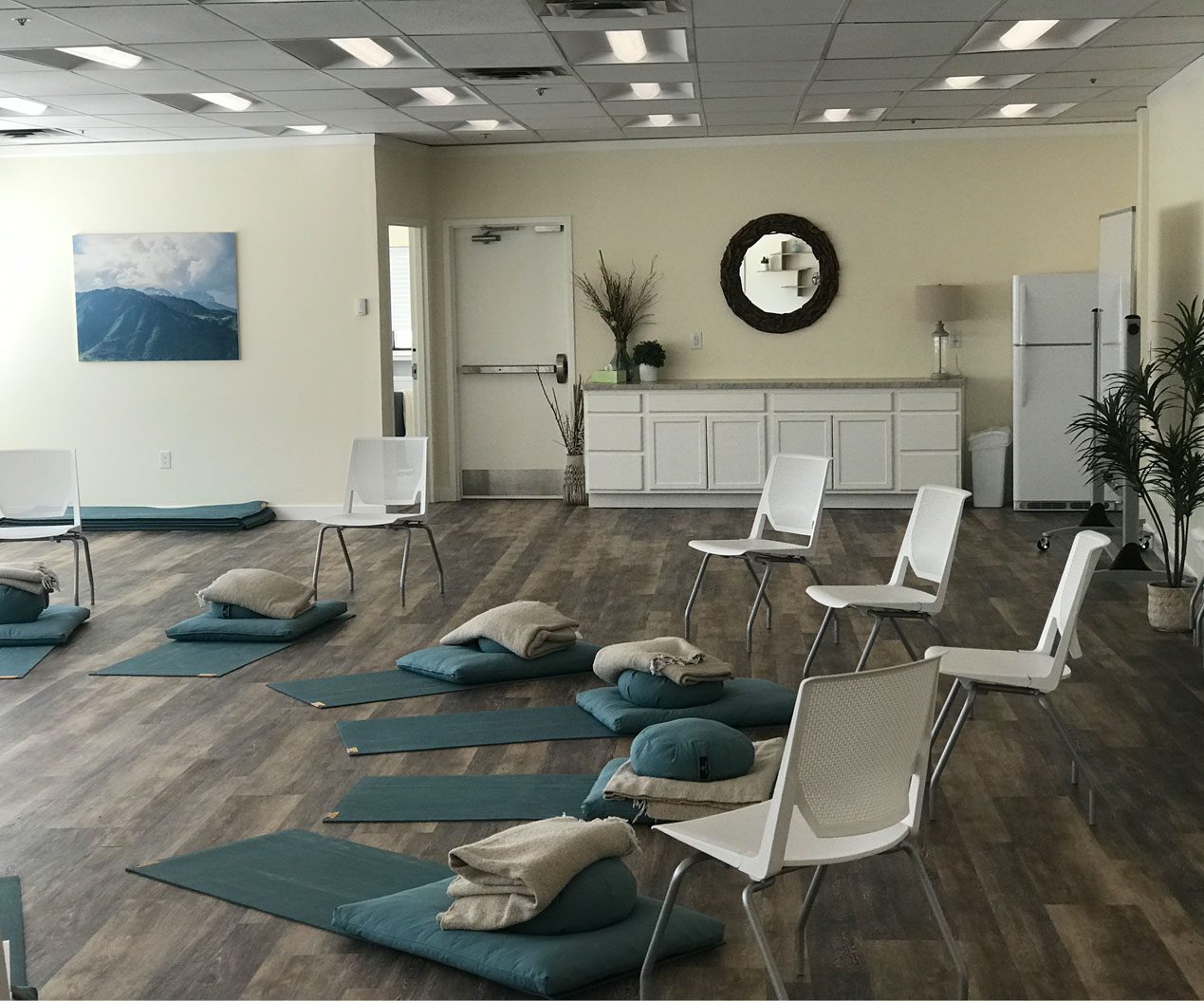COVID-19. Earthquakes. Economic downturn. We don’t have to list all the stressful events that have accompanied the curt arrival of 2020. In fact, that may only add to your stress. Instead, we’d like to share some tips on how to effectively cope with anxiety during these uncertain times.
It’s not just those who deal with anxiety disorders that are feeling uneasy these days. According to the World Health Organization (WHO), “The sudden and near-constant stream of news reports about an outbreak can cause anyone to feel worried.”
If you’re currently feeling overwhelmed and anxious, here are some tips for effectively curbing your anxiety.
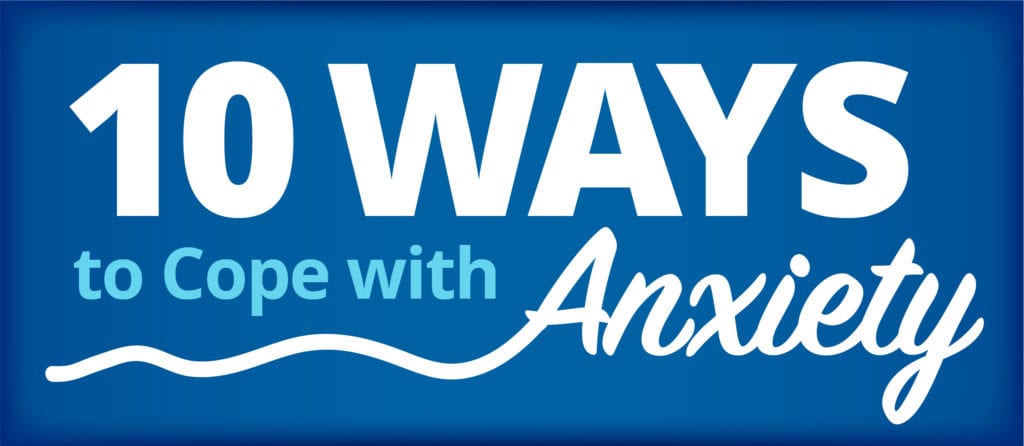
Put Away the Phone
Following the news can quickly overwhelm anyone. Take a break from reading, watching or listening to news stories. Repeatedly hearing about the COVID-19 pandemic or other disasters can be unsettling.
Rely on Trusted Sources for Information
When you do check the news, only seek information from trusted sources. Misinformation and rumors about COVID-19 can lead to uncertainty, fear and even panic, so avoid it. Stick to trusted media outlets or health agencies, such as the Centers for Disease Control and Prevention (CDC), for information and updates.
Sleep
According to the Anxiety and Depression Association of America, sleep deprivation can actually lead to anxiety disorders. Conversely, anxiety can lead to sleep problems. If anxiety is impacting your ability to sleep, review these tips to help you hit the hay. It’s important to get adequate sleep to protect yourself from anxiety and keep your body healthy. According to the National Sleep Foundation, adults should aim for seven to nine hours of sleep per night.
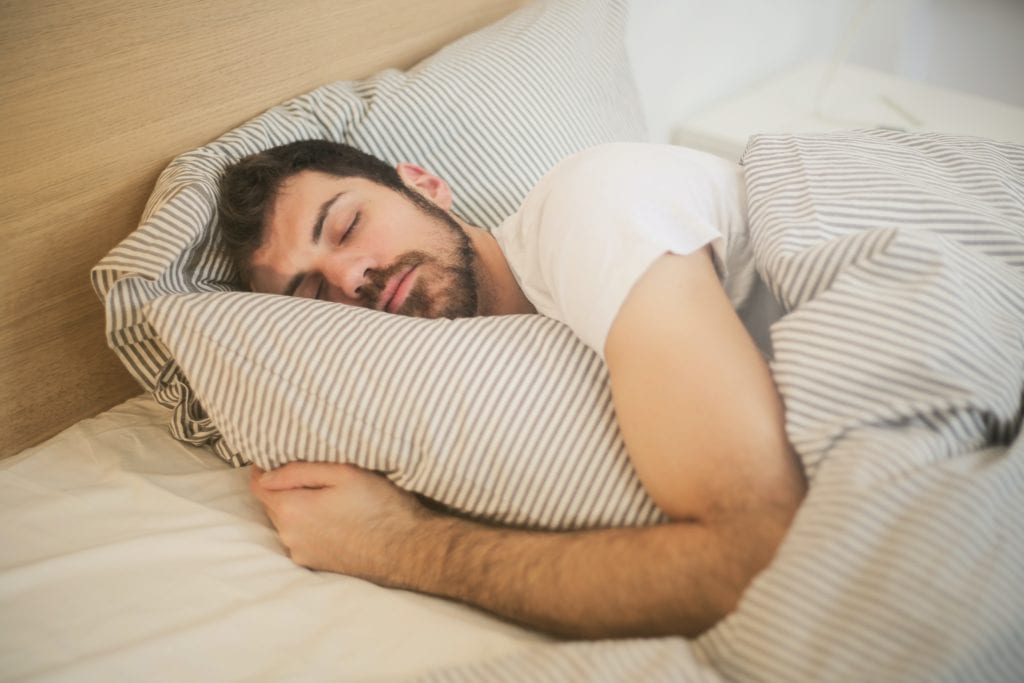
Limit Caffeine
Caffeine triggers your body’s natural “fight or flight” response. And that’s bad news when you’re trying to limit anxiety. Studies show that caffeine can worsen anxiety, and may even trigger some anxiety attacks. If caffeine causes you to feel overly jittery, it’s time to give up those coffees, energy drinks or sodas.
Practice Mindfulness
Mindfulness is the practice of cultivating awareness of what is happening in the present moment in a way that is compassionate, nonreactive and nonjudgmental. It’s an innate ability we all have, although practice is necessary to reap the greatest benefits. It can help you discover peace of mind, a sense of balance and the ability to manage and enjoy life. In fact, mindfulness is so effective that it is being used in classrooms to help students deal with anxiety and even improve academic performance.
Eat Healthy
Some foods can help you feel calmer, while others act as stimulants and can lead to the same natural “fight or flight” response as caffeine. Consider limiting or going without sweets and processed foods. On the other hand, consider adding foods rich in omega-3 fatty acids, such as salmon, tuna and trout to help lessen anxiety. Adding healthy complex carbohydrates to your diet can lift your mood. They increase the production of serotonin in the brain—known as the “happy chemical,” as it has been shown to contribute to wellbeing and happiness.
Limit or Eliminate Alcohol Consumption
When dealing with anxiety, it may be tempting to turn to alcohol as a pseudo coping mechanism. However, when its initial effects wear off, alcohol leaves an individual much more susceptible to increased levels of anxiety and, even, depression. That’s because alcohol is a natural depressant that alters the levels of serotonin in the brain.
Exercise
Exercise is a reoccurring theme in any health-related recommendations. But that’s for a good reason—the benefits of exercise are well documented. Physical exertion stimulates chemicals in the brain that leave you feeling happier, less stressed and more relaxed. You don’t need much to reap the rewards. According to the Mayo Clinic, 30 minutes of activity a day for three to five days a week may improve depression or anxiety. And it doesn’t require a gym membership; walk around the block, pull weeds in your garden or wash your car. Anything that gets you moving can improve your mood.
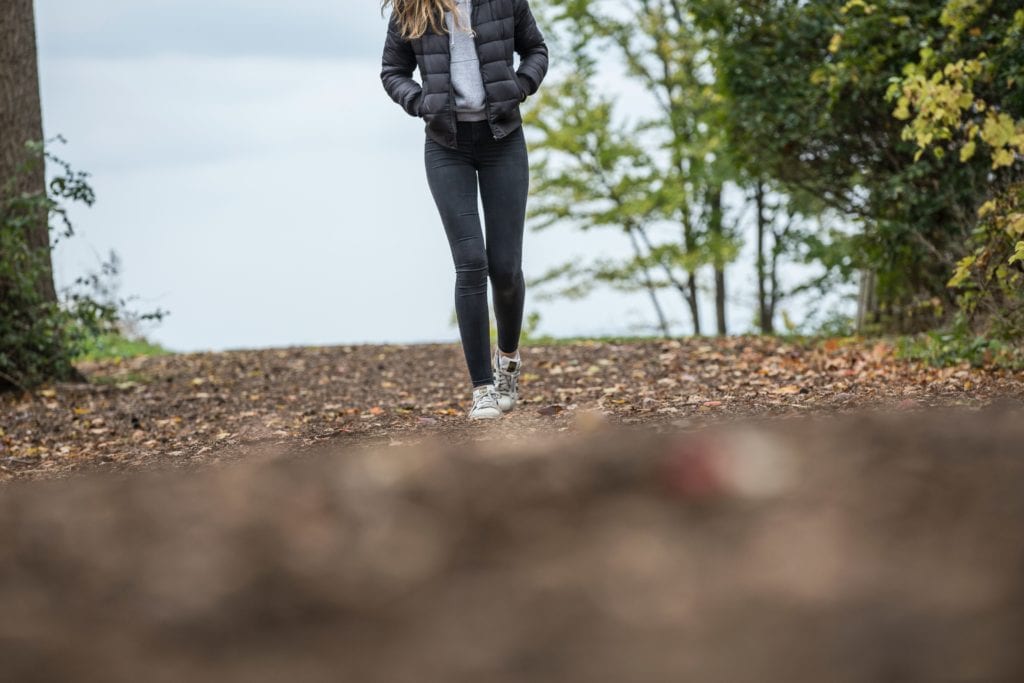
Connect
Social distancing doesn’t mean you can’t connect with loved ones. Use the technology at your fingertips (literally) to reach out to others. Have a Zoom meeting with family members. Text an old friend. Check in on loved ones through social media. Social connection improves physical and psychological wellbeing. And one study showed that a lack of social connection is a greater detriment to health than obesity, smoking and high blood pressure. The point? Stay home and stay safe, but don’t let social distancing completely isolate you.
Seek Help
In some cases, these tips may still fall short of helping you manage your anxiety. In this case, it may be best to seek professional help. Seeking counsel isn’t a sign of weakness—it’s a display of self-respect. Davis Behavioral Health is here to help. We have supportive, trained and experienced mental health professionals on staff to help you manage your anxiety during these uncertain times.

